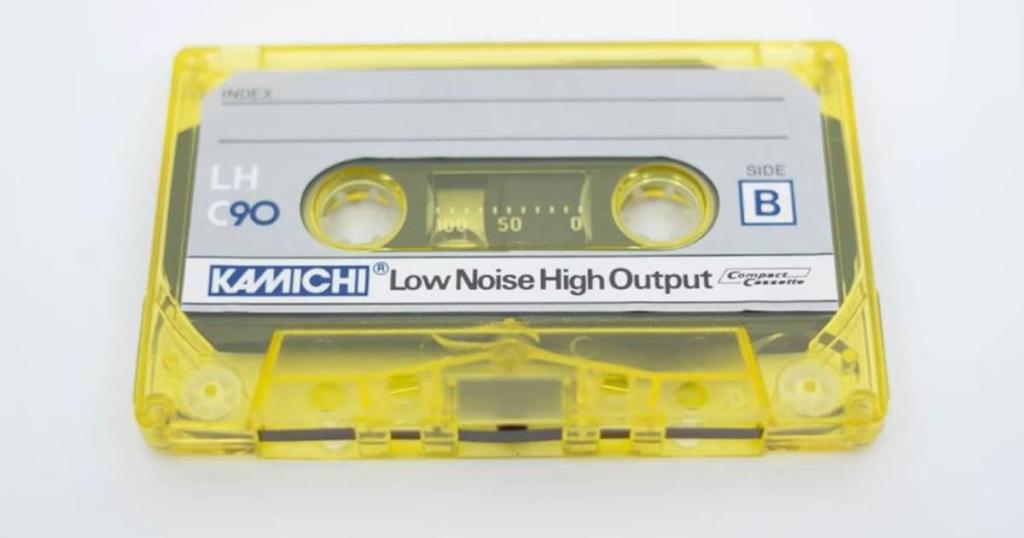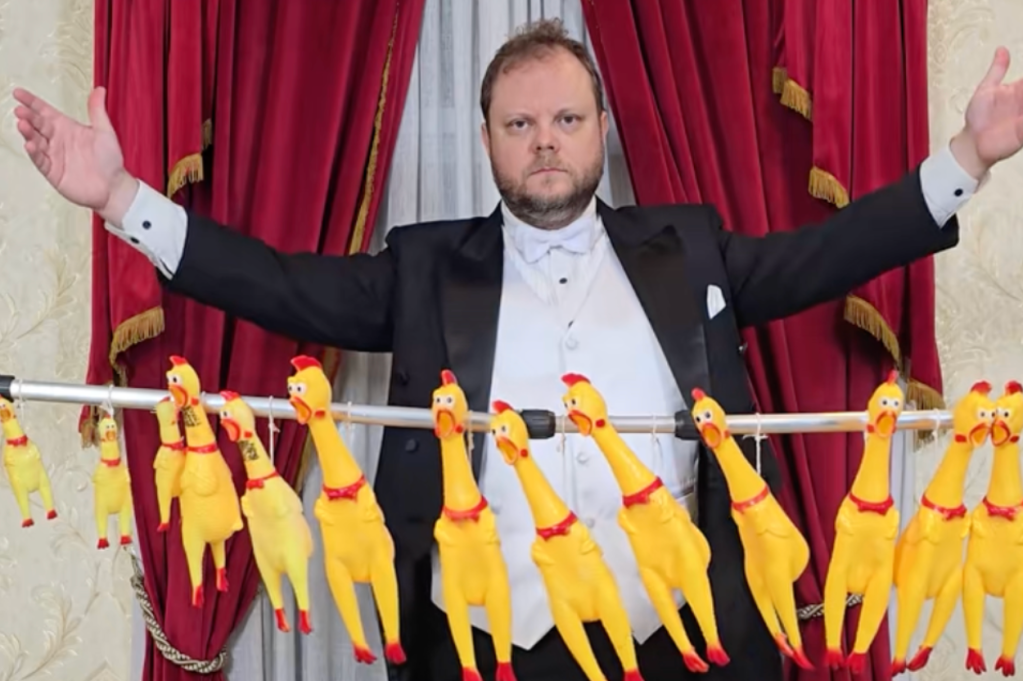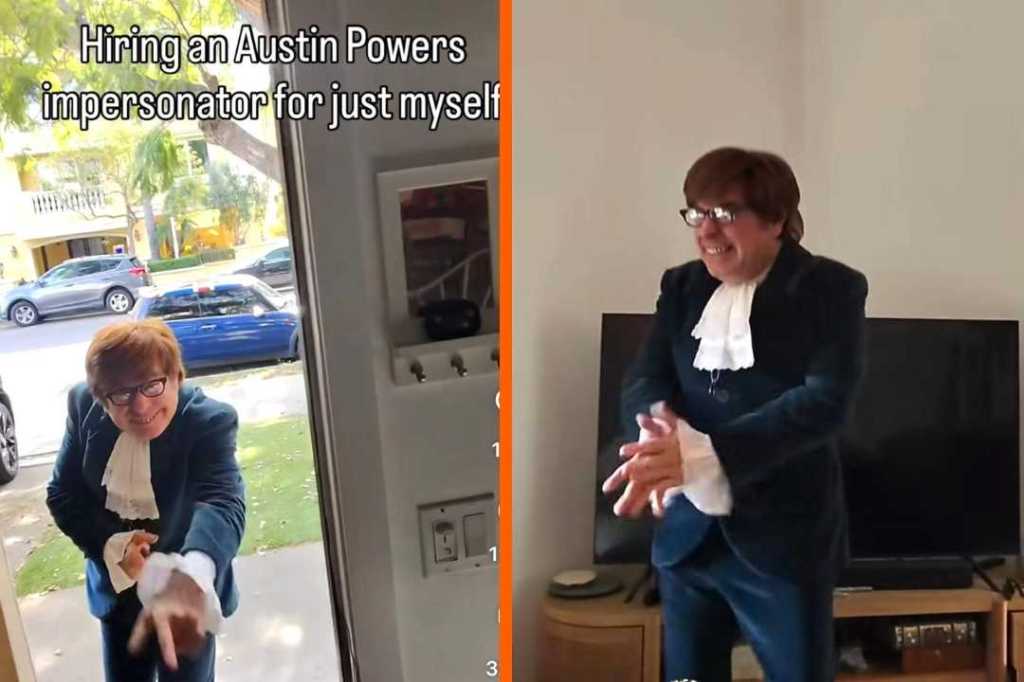A few weeks ago I came across an article about a kid who watches television at 1.5x speed so he can cram as much viewing in as he can. It seemed that his unquenchable desire to get through shows in the Golden Age of television meant he’d sacrifice the entertainment value of the show just to get to the end.
“Man, this guy would have been crucified in 1993,” I thought.
As a 45-year-old card-carrying member of Generation X (those born between 1965 and 1979), I remembered a time when nobody bragged about the amount of TV they watched. In fact, they bragged about not owning a TV. “I don’t watch TV, man,” people would say. “It only exists to sell you stuff.”
This complete reversal on the social acceptance of gluttonous TV viewing made me wonder what happened to the values we were raised on as Gen Xers? We were taught that sincerity was for simpletons, everything corporate is evil, old school is always better than the latest and greatest, authenticity is king, conformity is death and there is nothing worse than being a sell-out or a poser.
Nobody would have ever referred to themselves as an “influencer” in 1991—that’s the definition of a sell-out.
“After writing this book, I’m back in the mindset of ’90s thinking, which is that nothing is worse than selling out,” Chuck Klosterman, author of “The Nineties: A Book,” told Esquire. “Nothing was more embarrassing in the ’90s than trying to convince people to like the thing you made.”
Deep inside the heart of almost every Gen Xer is a deep-seated feeling of nihilism. We didn’t trust the corporations that laid off our parents or gutted their pensions in the ’80s. In fact, everything corporate was predatory. We didn’t have a lot of faith in family values because we were the first generation raised by single parents or in daycare. We didn’t care much about politics either. Back in the ’90s, Gen X’s aversion to politics was historic.
Of course, these are all generalities about a generation of nearly about 65 million people, but studies show that there are some definite hallmarks of being a Gen Xer.
According to a generational differences document circulated through the business community, Gen X’s core values are “skepticism,” “fun” and “informality.” They’re described as “self-reliant,” “independent,” “unimpressed with authority” and motivated by “freedom.”
In the young Gen Xer, the culture of the era “instilled a wariness and skepticism, and a kind of ‘figure it out for yourself’ mindset,” Paul Taylor, author of “The Next America: Boomers, Millennials, and the Looming Generational Showdown” told The Washington Post. And with that came a sense “that you don’t have to shine a light on yourself. You’re not the center of the universe.”
But things have changed since the ’90s when Gen X was coming of age. We live in an American culture that is fractured by political partisanship, fueled by a constant culture of outrage, crippled by a preoccupation with technology, plundered by greedy boomers and annoyed by overly sensitive millennials. All of this is happening while we face the greatest challenge of our times, climate change.
The answer to all of these problems is simple: admit that Gen X at one point had it right and if we followed its lead, we could reverse these terrible trends. OK, it might not fix all of our woes, but the way things are going now surely aren’t working. Plus, weren’t the ’90s great?
Also, with hat in hand, I must admit that this message is for Gen Xers as well. Many of us have lost our way by forgetting our disdain for authority and skepticism toward institutions. This is a call for us to remember what we once stood for and to fight back by doing what we do best—staying above the fray.
Gen X, it’s time to strap on your Dr. Martens boots and get back to fighting the “Battle of Who Could Care Less.” It’s time we collectively got our “whatever” back and showed the other generations how powerful dismissiveness can be.
Here are the top five Gen X values that we need to embrace again.
5. Buying vintage items
Nothing was less hip in the early ’90s than wearing mall clothes. If you had any style you shopped at a thrift store and bought used duds from the ’70s and early ’80s and remixed them into something awesome. If you were into hip-hop or skating you shopped at the surplus store and rocked some super-durable Dickies or Carhartt gear. The mood of the times was totally anti-fashion. These days, we live in a world where fast fashion is killing the environment. By embracing the Gen X value of old-school cool, we can help the planet while looking much more fashionable in the process.
4. Corporate skepticism
In the early 2000s, people fell head-over-heels in love with smartphone technology and social media so quickly that nobody stopped and said, “Hey, wait a minute!” Now, we have a world where kids are depressed, the culture has become divided and nobody talks to each other in public anymore, they just stare at their phones. I can totally understand why young millennials and Luddite boomers would fall for the big-tech ruse, but sadly, Gen X was asleep at the wheel and fell victim, too. The generation that embraced the notion that TV rotted your brain needs to remind everyone to go outside and play in the sunshine or read a book. And if you read a book it should be by Bret Easton Ellis.
3. Just say “whatever”
Two of the most popular Gen X phrases were “whatever” and “talk to the hand (because the face don’t give a damn).” These may seem to be flippant responses but they are the correct way to deal with other people’s nonsense and in 2022, we have to deal with a constant barrage of it.
Somewhere along the way, people forgot that it’s even more powerful to ignore someone than to admit they got under your skin. In the world of social media, we unintentionally amplify the most wretched voices by subtweeting, commenting and liking the posts from the army of grifters fighting for our attention.
We also live in an era where many seem to be addicted to outrage. The quickest way to stop fanning the flames of outrage is with a simple, “whatever.” Like dogs distracted by squirrels, we’ve got our heads on outrage swivels these days. Throwing around the occasional “whatever” gives us the time and energy to focus on the problems that really matter and take action.
These days “whatever” matters more than ever.
2. Bring back snobbery
Good taste used to matter. In the 2000s, millennials decided that people have the right to like what they like and that it’s worse to judge someone’s personal taste than to have bad taste. Gen Xers based their entire personalities on taste and demanded integrity from artists and were rewarded by living in a time of superior films and music. These days, no one listens to new music and we’re stuck in a world dominated by comic book movies because no one stood up and shamed people for liking low-effort culture.
1. Political apathy
America’s political divide has calcified over the past decade because more and more people are basing their personal identities on their politics. This has created a culture where the dialog between liberals and conservatives has become a shouting match that only makes people dig their heels in further. It’s also created a culture in Washington, D.C. that has attracted a more debased form of politician and led to the gridlock that has halted any sense of progress. Sadly, Gen X has also been sucked into this vortex.
Things were a lot different in the ’90s. Back in 1999, Ted Halstead at The Atlantic noted that Xers “appear to have enshrined political apathy as a way of life.” He added that Gen Xers “exhibit less social trust or confidence in government, have a weaker allegiance to their country or to either political party.”
Compared to what’s going on in America in 2022, this type of apathy seems welcome. Back in the ’90s, taking a “chill pill” could solve everything. Wouldn’t it be great if everyone took one, and then we could open our ears and hearts and have some constructive discussions?
There was a common lament in the 1980s that the boomer hippies had sold out and became boomer yuppies. They went from being concerned with peace, love and the planet to stocks, bonds and conspicuous consumption. Gen X is now in its 40s and 50s and it’s fair to say that we’ve moved from being the outsiders to creating technological and political machines that are generating the type of conformity that we once railed against.
Now that Xers are at the age where we get to run the world for a few decades, it’s time to recommit to the core values that make us well … us. The great news is that as Gen Xers, it’ll be easy to get back to our roots because we were raised to ironically love the past.
This article originally appeared on 03.10.22




































